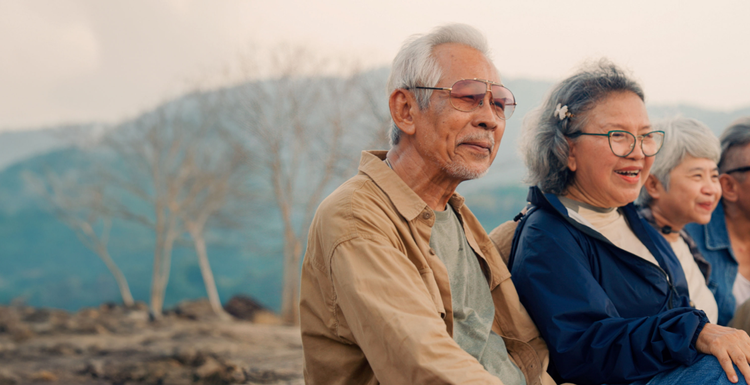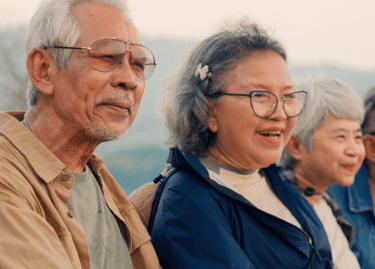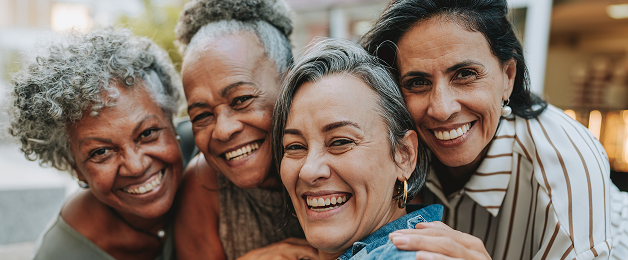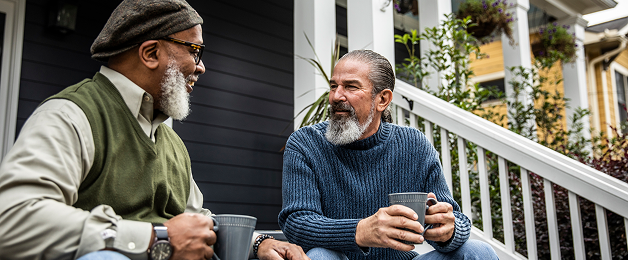image

mobile_image

headline
RSV is a highly contagious virus that can have serious consequences
content
If you’re 50 and older, you may be at higher risk for a severe infection from RSV.
disclaimer
RSV=respiratory syncytial virus.
placeholder_icon
placeholder_title
On this page you’ll learn:
placeholder_body
image

mobile_image

headline
What is RSV?
content
RSV is a highly contagious virus that anyone can catch. For certain people, like adults 75 and older and adults 50-74 with certain risk factors, RSV can lead to serious health consequences.
RSV symptoms can start off mild but may suddenly turn serious—like wheezing, gasping for breath, and a wet cough. RSV can lead to more serious illness like lung infections (pneumonia, bronchitis) or respiratory failure.
RSV spreads easily and rapidly through:
- A cough or sneeze
- Interactions such as a kiss or hug with someone infected with RSV
- Touching a surface with the virus—like a doorknob—then touching your face before washing your hands
headline
Who is at risk for RSV?
subheadline
Certain chronic medical conditions can put you at greater risk, including:
content
As you age, your immune system weakens, leaving you vulnerable to a serious case of RSV. If you’re 75 and older or 50 and older with certain chronic medical conditions or risk factors, you’re at higher risk for severe RSV.
icon
content
Asthma
icon
content
Heart disease
icon
content
Chronic obstructive pulmonary disease (COPD)
icon
content
Diabetes
subheadline
You’re also at higher risk of severe RSV if you have other risk factors, such as:
icon
content
Severe kidney disease
icon
content
Severe obesity (BMI over 40)
icon
content
Neurologic/neuromuscular conditions
icon
content
A weakened immune system
icon
content
Chronic blood conditions
icon
content
Living in a nursing home
icon
content
Liver disease
icon
content
Frailty
icon
headline
Not only do chronic conditions like asthma, COPD, and heart failure increase the risk of severe RSV infection, RSV can also cause those conditions to get worse.
headline
What could happen if I get RSV?
content
RSV is a highly contagious virus that can lead to serious consequences.
Being sick with RSV may cause you to miss out on the things you love. It also puts those around you, like family and friends, at risk. RSV can have even more concerning consequences, including:
Being sick with RSV may cause you to miss out on the things you love. It also puts those around you, like family and friends, at risk. RSV can have even more concerning consequences, including:
icon
headline
Serious illness
icon
headline
Severe lung infections, including pneumonia and other serious respiratory complications
icon
headline
Hospitalization
icon
headline
Because there are no prescription treatments when you get RSV, getting vaccinated is especially important.
card_identifier

mobile_image

heading
ABRYSVO® can help protect you against RSV
body
A single dose of ABRYSVO can help protect you against this highly contagious virus. Vaccination with ABRYSVO may not protect all people.
cta
card_identifier

mobile_image

heading
Find answers to some of your questions
body
Learn more about RSV and ABRYSVO with our Frequently Asked Questions.
cta